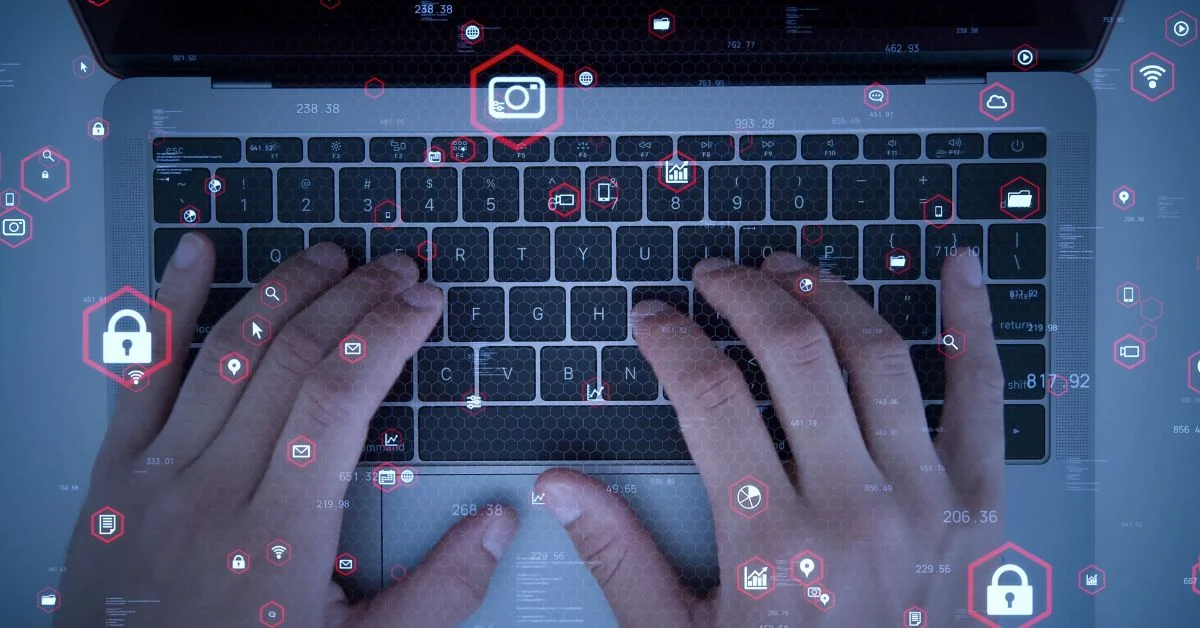In a world increasingly shaped by digital landscapes, it’s easy to overlook the communities still striving to gain equitable access to technology. Yet one organization—**www. i-movement.org techtable**—has found a compelling answer through a program it calls TechTable. The initiative is not just about access to gadgets or software. It’s about rewriting the narrative of who gets to participate in technological futures—and on what terms.
TechTable is an evolving platform, concept, and meeting ground for those at the intersection of grassroots empowerment and digital transformation. Unlike flashy Silicon Valley showcases, TechTable is grounded, local, and purpose-built. It offers a powerful new model for how communities can shape the tools they use—rather than having those tools shape them.
The Origin of TechTable
TechTable did not emerge from a think tank or a VC incubator. It grew from grassroots needs. www. i-movement.org techtable, a nonprofit dedicated to inclusive digital literacy and community development, launched the TechTable project in response to rising concerns that underserved populations were being left behind in the digital revolution.
In 2019, long before the pandemic threw digital disparities into stark relief, i-Movement began hosting local “TechTables”—literal roundtable sessions in libraries, community centers, and school auditoriums. Residents, educators, tech professionals, and students were invited to sit together and identify both the digital needs and potential solutions within their own neighborhoods.
The result wasn’t just conversation. It was action.
What Is TechTable Today?
As of 2025, TechTable has grown from small in-person gatherings into a dynamic, hybrid ecosystem that includes:
- Digital Skill-Building Workshops tailored to community-specific needs
- Open-source Technology Labs where participants co-develop solutions
- Youth STEM Fellowships offering mentorship and guided project development
- Elder Tech Circles to bridge generational digital divides
- Mobile TechTables—a traveling tech van bringing workshops to rural and low-connectivity areas
Through this format, TechTable has become a conduit for democratic technology. Its mission? Not just to teach people how to use tech, but to co-create it with them.
Why TechTable Matters in 2025
While much of the digital discourse in 2025 centers around AI integration, Web3 adoption, and metaverse fatigue, the reality for many remains simpler—and more urgent. How do I apply for a job online if I don’t understand the interface? What’s a secure way to communicate with my doctor? How do I protect my privacy when I barely understand cookies and trackers?
TechTable begins with these real-world questions. It doesn’t ask communities to adapt to technology; it asks technology to adapt to communities.
This inversion of the standard approach is perhaps TechTable’s most revolutionary act.
Local Voices, Global Questions
In Baltimore, Maryland, a TechTable session last year focused on how to reduce local digital fraud targeting senior citizens. In Oakland, California, a group of high school students built an app to track local air quality data after a series of wildfires. In Jackson, Mississippi, TechTable participants helped draft a digital privacy charter for public Wi-Fi zones.
Each initiative might seem small. But collectively, they amount to a new blueprint for civic tech.
And crucially, all of it is documented, shared, and iterated upon through www. i-movement.org techtable‘s open platform, making it possible for other cities or communities to adapt and build upon TechTable successes.
The Open Source Ethos
One of TechTable’s defining characteristics is its commitment to open-source methodologies. Not only are the curricula, project templates, and training modules shared openly—so too are the project critiques, lessons learned, and failures.
This transparency invites replication and improvement. It encourages others to fork existing ideas, build upon them, or challenge their assumptions.
In doing so, TechTable actively resists the commodification of access. Where others might charge for webinars or license learning platforms, TechTable asks: What happens when community knowledge becomes communal infrastructure?
Challenges Ahead
Of course, the model is not without its hurdles. Funding remains a persistent challenge, as does navigating the complex bureaucracies of public education and local government. TechTable also faces the tension between scalability and local specificity: What works in Detroit may not translate to Flagstaff without thoughtful modification.
Moreover, the program must constantly contend with digital acceleration. As AI and automation technologies become more embedded in everyday life, TechTable is tasked with not only catching people up—but helping them stay ahead.
TechTable’s Philosophical Core
At its heart, TechTable is less about technology and more about agency. It embodies a worldview that sees digital tools not as destiny but as instruments to be wielded thoughtfully.
By prioritizing co-creation, community leadership, and ongoing dialogue, TechTable reframes the conversation about technological equity. It is not a program to be rolled out; it is a process to be cultivated.
And in that sense, it echoes the values that www. i-movement.org techtable has championed for over a decade: inclusivity, transparency, empowerment, and shared stewardship of the digital commons.
What’s Next for TechTable?
In 2025 and beyond, TechTable is set to expand in both scale and scope. Planned developments include:
- A national fellowship program for community-based technologists
- Localized TechTable microgrants to support prototype development
- Intergenerational Tech Summits that pair youth coders with retired engineers
- TechTable Radio, a podcast amplifying voices from participating communities
- Policy Influence Labs, where community members work with municipal governments to shape local digital policy
The ambition is clear: to ensure that every community, no matter its zip code or economic profile, can participate fully and confidently in the digital era.
Conclusion
In a landscape where tech initiatives often echo with buzzwords but little depth, www. i-movement.org techtable stands apart. It is methodical, participatory, and rooted in lived experience.
And perhaps most importantly, it invites us to imagine a future where technology is not something that happens to communities—but something they build, together.
FAQs
1. What is TechTable by www. i-movement.org techtable?
TechTable is a community-centered tech initiative designed by i-Movement.org that facilitates digital access, co-creation, and literacy through workshops, mobile units, fellowships, and more.
2. Who can participate in a TechTable event?
Anyone—from students and seniors to local leaders and tech professionals—can join TechTable events, which are open, inclusive, and often customized to community needs.
3. Is TechTable a product or a service?
Neither exactly. It’s a flexible framework—a combination of programs, events, and open-source materials designed to empower communities in shaping their tech futures.
4. How does TechTable address the digital divide?
By focusing on localized, accessible, and culturally relevant interventions. It doesn’t just provide tech tools—it trains and empowers communities to use and co-create them.
5. Can my city or community start a TechTable?
Yes. www.i-movement.org provides starter kits, toolkits, and open frameworks that can be adapted by local organizations, municipalities, or schools to begin their own TechTable initiatives.









